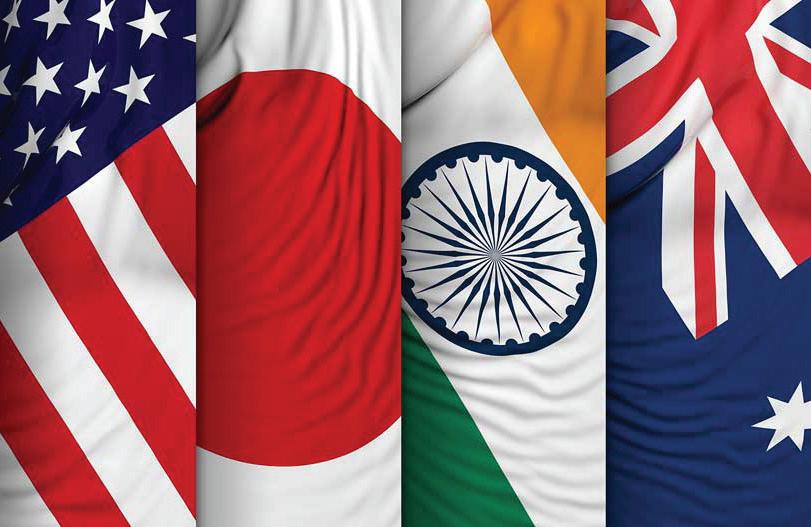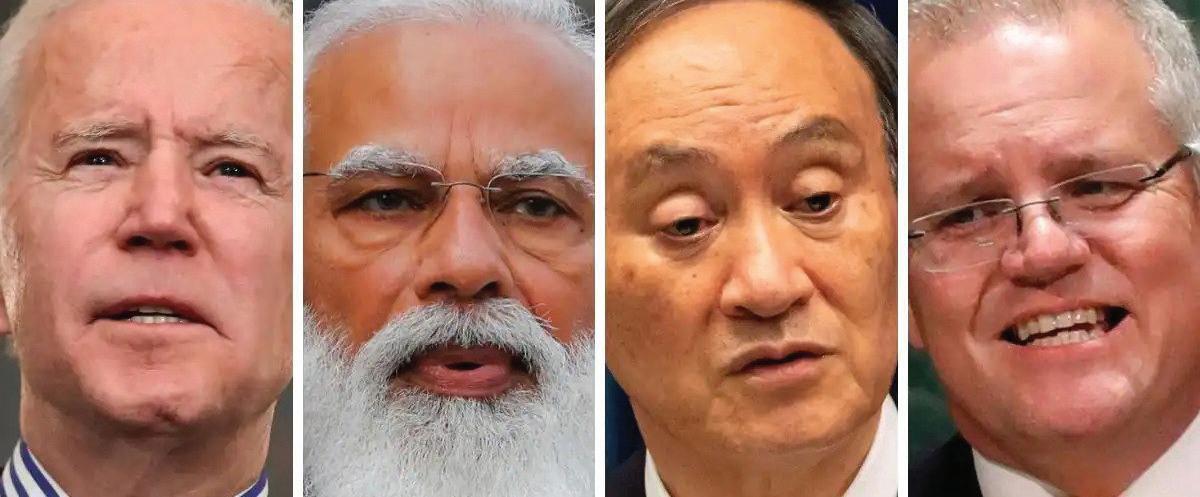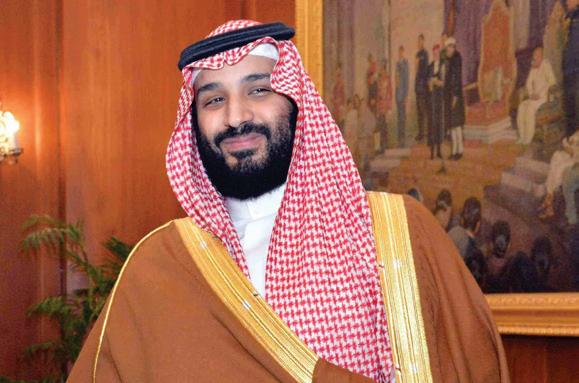
6 minute read
Decoding India and Taiwan bilateral diplomacy
India and Taiwan are in the process of reaching out to one another for two reasons – economic and strategic. Economic reasons are motivated by Taiwan’s ‘Go South Policy’ for over two decades, wanting to build deeper linkages with India. Taiwan’s Go South Policy (GSP) is to strengthen relations between Taiwan and countries south of Taiwan, especially Southeast Asia. "GSP 3.0" is current reiteration by Taiwan led by Tsai Ing Wen of the Democratic People’s Party (DPP). Two former presidents of Taiwan, former President’s Lee Teng-Hui (1996-2000) and Chen Shui-bian (2000- 2008) – had initiated Go South Policy owing to wariness of China in political, economic and strategic terms. This necessitated looking to Southeast Asia and South Asia as manufacturing hubs Welcoming Taiwanese investments. It does appear that there is overwhelming political consensus in
Taiwan for GSP. India is a primary objective for Taiwan’s corporate laoban’ (bosses) to become a base for its micro and nano electronics companies, uncomfortable with Xi Jinping’s evolving into Mao version 2! Relocating many factories from mainland China to Southeast Asia and India is in the interests of remaining a global supplier of micro-electronics, not restricted by events in Hong Kong and a regressive political control stymieing innovation.
Advertisement
India’s ‘Act East Policy’ announced by Prime Minister Narendra Modi, was reinterpretation of ‘Look East Policy’ articulated by Narasimha Rao as Prime Minister (1991 – 1996) when economic reforms were introduced. Implementation of ‘Act East Policy’ is to attract Japanese, South Korean and Taiwanese investments into dynamic sectors where electronics and technology fuse to create stronger and more diversified domestic economy. Taiwan sees India as a market and production base where it could locate its high technology industries away from China. Wistron Infocomm, a Taiwanese global sub-contractor for Apple has based its manufacturing unit in India at Bengaluru. Qualcomm, template of Taiwanese expertise and innovation in Micro and Nano electronics is establishing itself in India, underlining a shift from China, where its Nano electronic founders for Apple are largely based. India while welcoming initiatives from Taiwan is also trying to convince Taipei to establish high technology training schools where manpower with limited technical skills could be upgraded. Metal cutting, wind power and technical skills required in manufacturing processes on large scale are to create wherewithal of China in India. Private Corporates in India are very welcome to this initiative finding support. It could be argued that the closer India and Taiwan get in economic terms, the ‘strategic’ is not far away. With a bilateral investment agreement signed in 2018, trade between the two sides is only USD 7.2 billion in 2019, approximately around one-tenth of bilateral trade India has with China. A positive feature is of Taiwanese investments to India increasing year after year, owing to Taiwan Trade
(TAITRA) naming India as investment destination.

India and Taiwan are natural partners in economic terms. Current bilateral engagement between the two has to cognise an imprint from 2014 national elections making the BJP ruling party since.
Deciphering Prime Minister Narendra Modi’s foreign policy and identifying a methodology, a starting Point is the Election Manifesto of the BJP for the 2014 elections. To quote from the document: “BJP believes a resurgent India must get its rightful place in the comity of nations and international institutions. The vision is to fundamentally reboot and reorient the foreign policy goals, content and process, in a manner that locates India's global strategic engagement in a new paradigm and on a wider canvass, that is not just limited to political diplomacy, but also includes our economic, scientific, cultural, political and security interests, both regional and global, on the principles of equality and mutuality, so that it leads to an economically stronger India, and its voice is heard in the international fora”.
The lengthy second sentence captures his stance on the economic and scientific interests being central to foreign policy. Put succinctly, ‘economic diplomacy’ is driving foreign policy with security considerations remaining at a different level.

Mr. Modi has an advantage, as the BJP has a majority in parliament and can chart a new course without being pressed by domestic considerations beyond a point. He therefore, has far more flexibility in his foreign policy forays than his predecessor. Intent at presenting himself as ‘lodestar’ striving to maintain continuum of positioning India as an emerging power that embraces multilateralism and global governance based on economic diplomacy. India’s fourth decade of reforms requires intensive engagement with global stakeholders and institutions that appeal in their global content in creating a normative structure where India will find its niche.
The slogan ‘Make in India’ – an inviting prospect to the global audience to locate their manufacturing capacities in India. The normative in Mr. Modi is witnessed in the manner in which India has supported the creation of Asian Infrastructure Investment Bank (AIIB) and the New Development Bank (NDB) also known as the BRICS Bank. Both these financial institutions are located in China, and as an indicator of economic cooperation amongst emerging powers, India is at the forefront in demonstrating its commitment to the idea. It also sends the message to Beijing that the boundary dispute will not become an obstacle in matters focusing on economic inter-linkages and their import.
It is a frailty, exposed by Beijing with its aggressiveness on the high Himalayas. Economic considerations have always played a pivotal role in shaping the nation’s foreign policy and Mr. Modi has only highlighted this aspect as being a core feature of his foreign policy.
Could strategic complementarities be next?

Yes. The Quadrilateral where United States, Australia, Japan and India have established operational wavelength has united four countries disenchanted by an aggressive interloper wanting to transform global geopolitics. Trade determinants apart, the rabid functional manner of China in international forums indicates a strong perseverance in creating alternative arrangements, be it finance or strategic. To China, India’s pro-active role in the Quadrilateral is an attempt by democracies to stifle and derail China’s economic growth and strategic influence. Beijing feels, Taiwan plays a role, as being a democracy willing to be a beneficiary of Quadrilateral adopting a plausible deniability façade, not in sync with China’s claims over the ‘rebellious province.’ Considerations for India are the following:
First, the personality centric approach adopted by Mr. Modi is stamped on all his visits abroad and interactions.
Second, the Prime Minister’s Office has for quite some time been the fulcrum of policy making in India and Mr. Modi’s second term has made his office the core of policy and supreme institution of decision-making. Institutional frameworks, not exclusively bureaucratic, are expressly required between Taiwan and India.
Third, while Mr. Modi has galvanized a lot to do with India, as his government nears a decade in office in 2024, statements made by him, have to be matched indeed, otherwise the frisson of the moment will be questioned. This is where India-Taiwan relations are litmus test. Will China’s further belligerence on the high Himalayas make India back track on Taiwan? Will domestic politics become an obstacle to investments from Taiwan?
And last, a weak and inchoate opposition does not mean there are not going to be any obstacles for Mr. Modi in his conduct of foreign policy. That in its essence is the euphoria called Indian democracy.
Dr Raviprasad Narayanan is an Associate Professor at the School of International Studies, Jawaharlal Nehru University, India
By Raviprasad Narayanan










